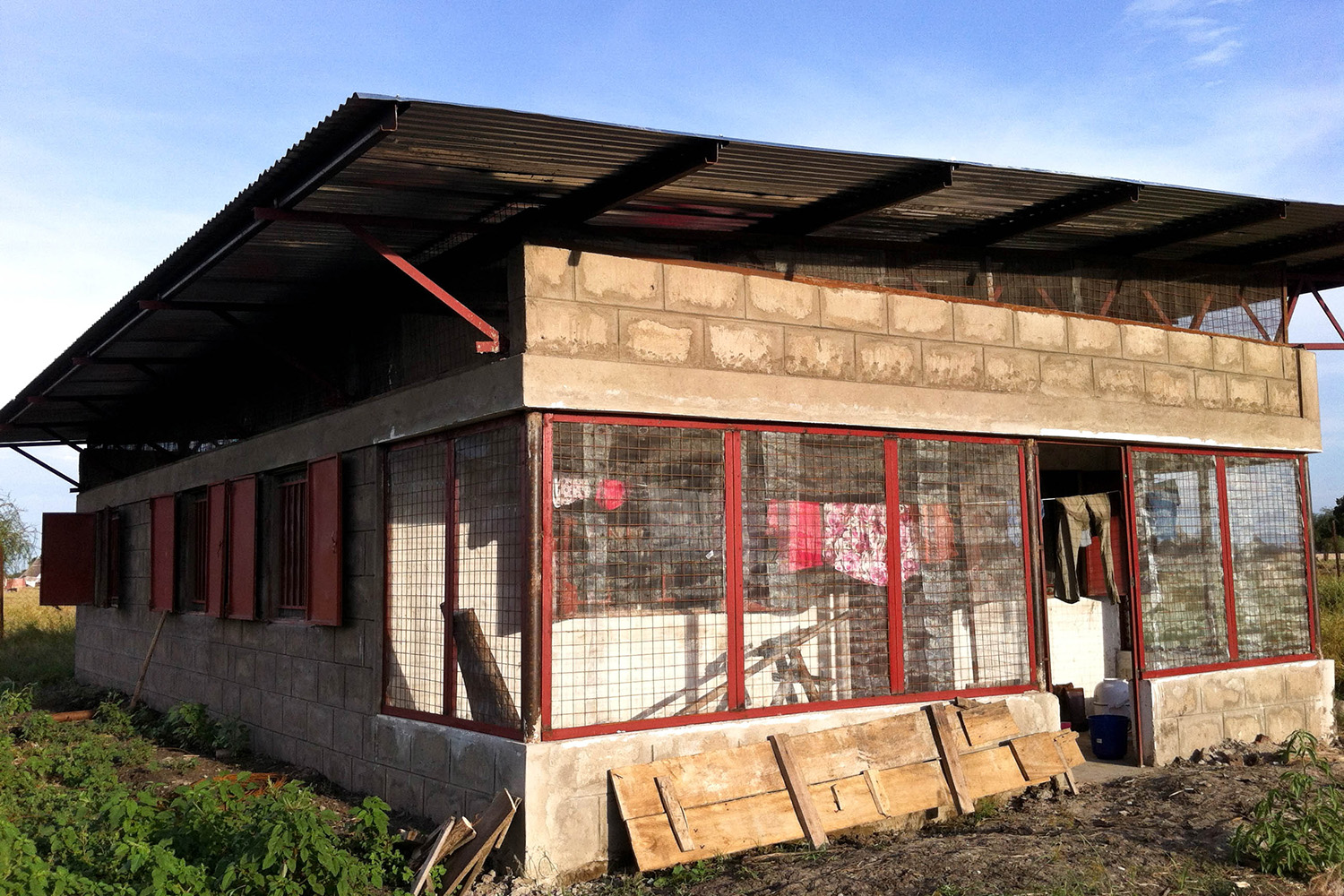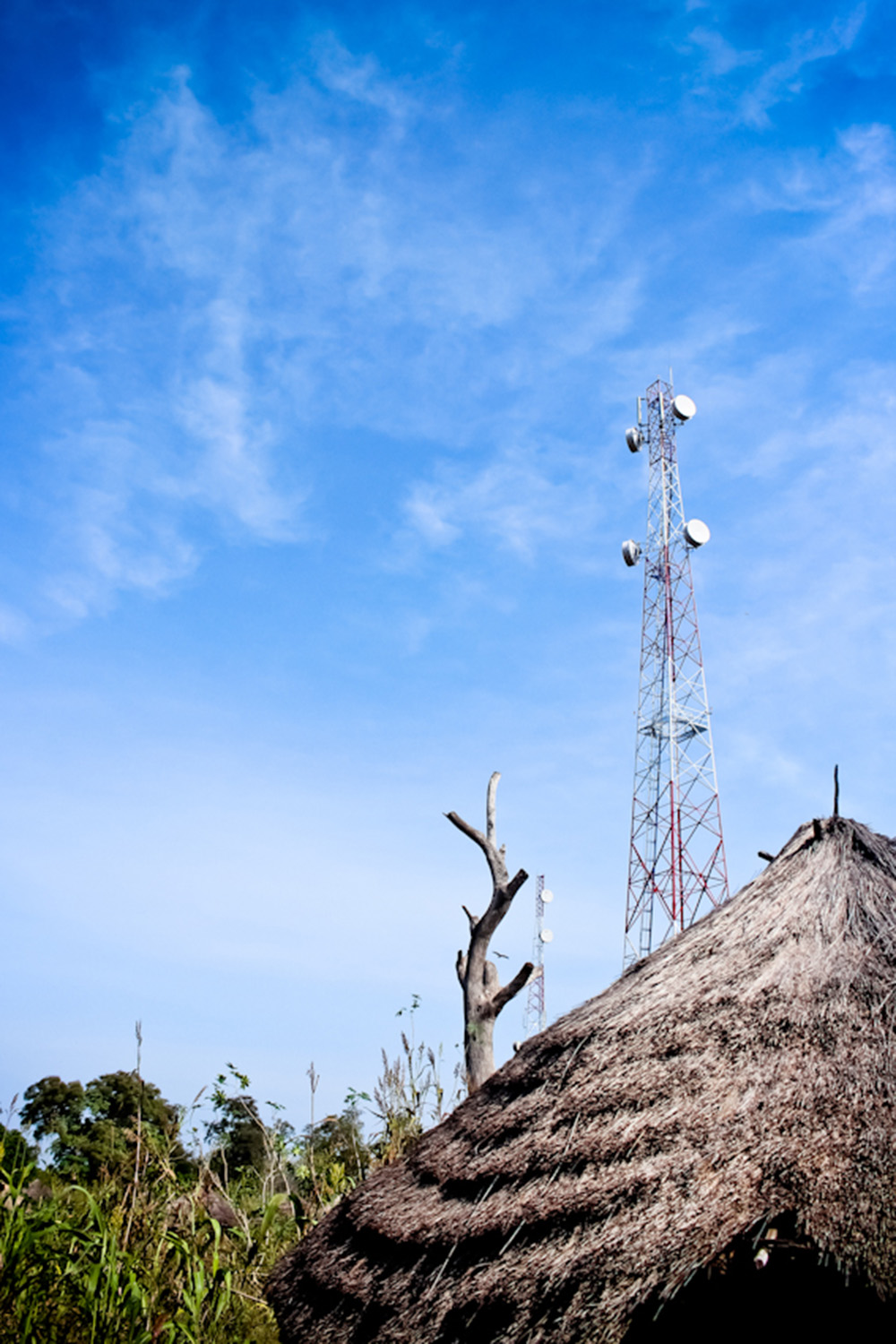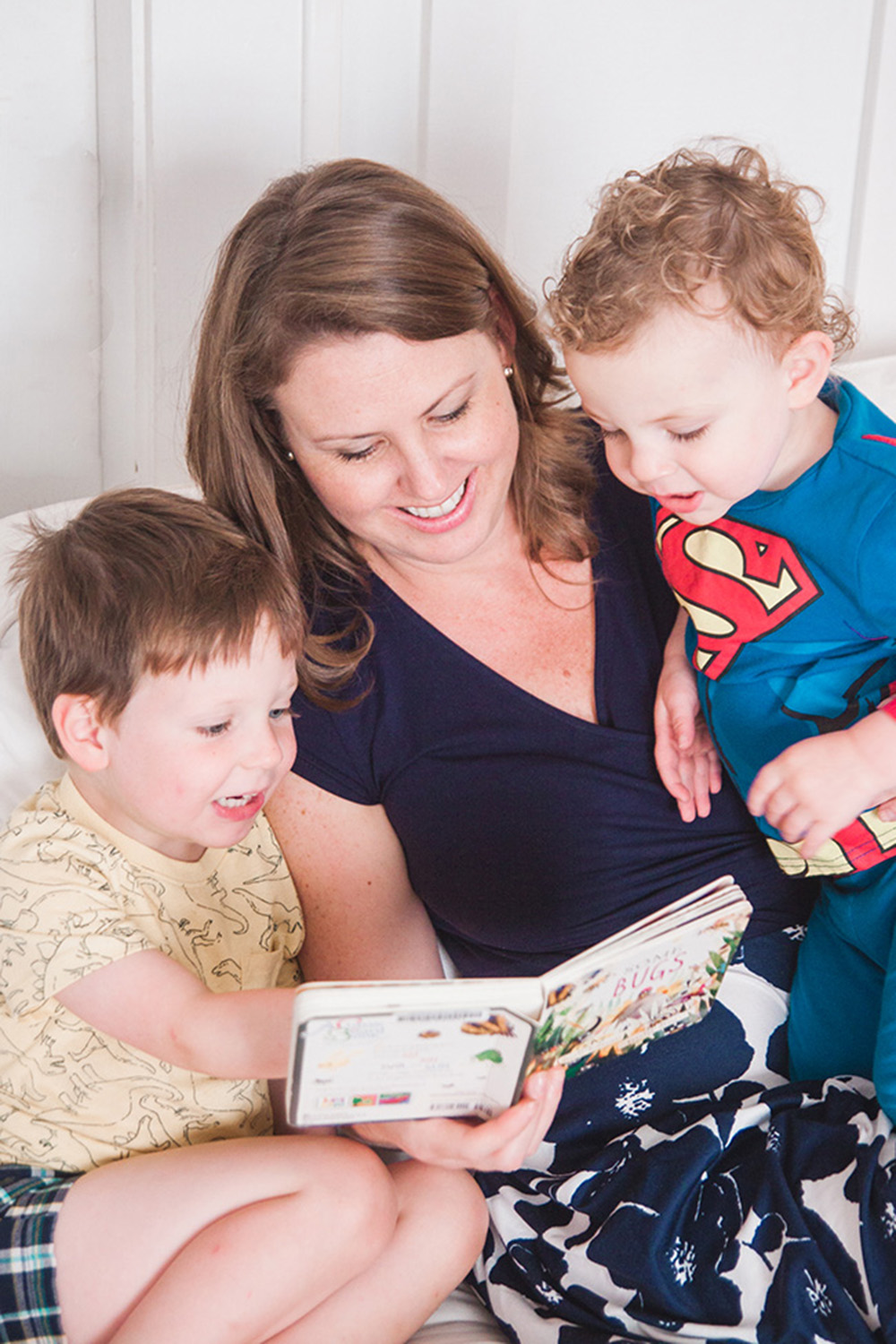let's be social!
…what a house is to Uganda!
This season of life is called Preparation. In so many ways. Ways I did not anticipate.
One of the big ways that we are being prepared for life in East Africa is, believe it or not, living in a camper! Now, we are not moved in yet, but we have spent enough time out there over the course of the last several weeks that I am learning how things work and how we will live. While the first full week of working out there had me in tears a lot, lately I have been making many comparisons between our camper and a house in Uganda. How are they alike, you ask?
Let me count the ways!
Water.
During the winter months water will be limited to the 42 gallons in our holding tank at a time (we can, of course, fill it as often as we need, though) to avoid freezing hoses. During the warmer months, we can leave it hooked up and have a continuous supply, but that will be a luxury! In Uganda, though we will [hopefully] have city water, it will be limited depending on a number of factors. This summer, the water was shut off for several hours many, many days (and a recent report from Kerry confirmed that is still the case). They were doing repairs or work or something. Anyway, without warning, no water! Luckily, the houses have holding tanks and there’s often at least that supply of water for baths and such. We should be really great at water conservation by the time we move.
Potable Water.
Though we do have water hook ups at the barn property on which we’ll be living, it’s not potable water. It’s probably not dangerous to our health like the water in Uganda is, but it’s not considered clean drinking water. Therefore, we will have to use bottled water for a bit and then save up to buy a Katadyn water filter. We are going to need one for our house in Uganda anyway, so we figured we might as well get one for the camper (I despise buying bottled water…it’s expensive and the plastic is terrible for our planet) and then take it with us when we move to Uganda.
Water Heater.
This seems silly, but we will only have a 10 gallon water heater in the camper…10 gallons! That will not get me through an entire shower of continuous water flow when I wash my hair, so I’ll have to resort to the turn-the-water-off method for shampooing and washing to conserve hot water. Such is life in Uganda with a small water heater (although I was completely spoiled at the Livingstons’ house, because they had a big, central water heater for the house…a lot of houses/guest houses have smaller water heaters for each bathroom). Additionally, to use hot water, you much first turn the water heater on and let the water heat up. Again, such is life in Uganda. It just takes some simple planning in order to have nice, hot water ready for the next load of dishes or shower. Don’t forget to turn it off when you’re done, though, so you don’t burn up all of the propane! And don’t even get me started about “showers” in South Sudan…what’s hot water? =)
Limited Storage.
This is a given. Campers are small, and though they use pretty ingenious storage solutions, it’s still limited to somewhere within the 300 square foot area. It’s likely that whatever house we will have in Uganda will have a good amount of storage, but it’s the travel there that limits us. We can only take 4 fifty-pound trunks of stuff with us on our trip over (or pay a lot to ship more…not a fan of that option). That’s it! We can have more stuff brought over with teams over the months, but it’s just the whole idea of knowing what’s necessary and keeping it limited to that. For two pack rats, this is a difficult skill to learn…but we’re getting there! I’m pretty sure the Goodwill drop-off guys are starting to recognize us…we’ll be on a first-name bases before too long!
Propane.
Kerrie and I had quite the experience with the propane stove/oven this summer (if you remember, it exploded on us once)! Blaise and I will be using propane for our stove/oven in the camper, and yes, we have to light it ourselves each time. I’m not a fan of this arrangement, but I think that’s how the stoves are in Uganda, so it’s best I learn how to do it properly now so I don’t blow anything up later!
There you have it. It will be challenging, surely entertaining, and perhaps a little frustrating at times, but camper life will, indeed, prepare us for missions life!





